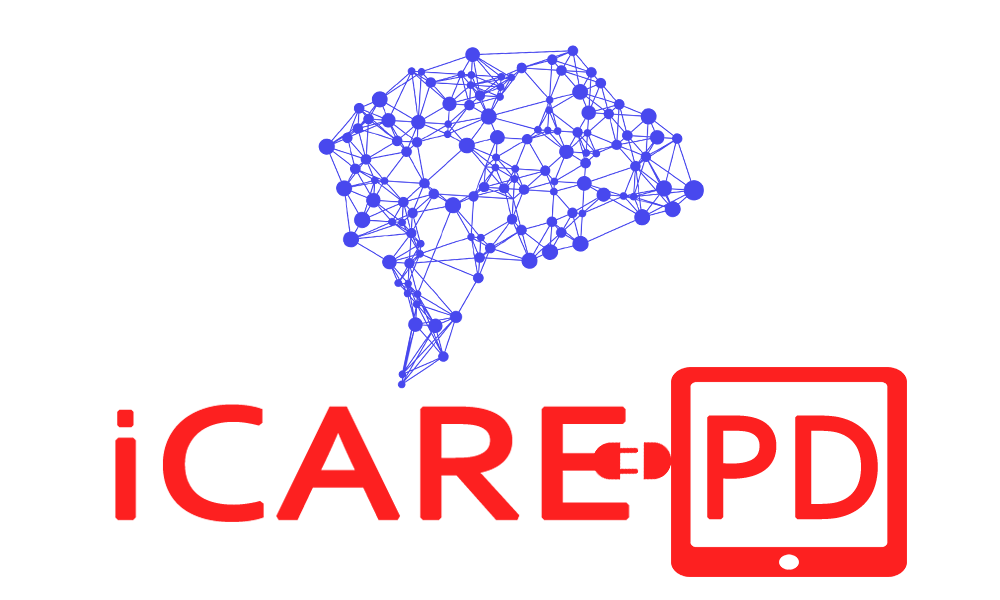Nurses are an integral part of any healthcare experience. iCare-PD as a project believes in balancing all parts of care and involving every part of the care process. From researchers to medical staff, every aspect is important for integrated care.
Recently I had the privilege to speak with Nurse Darlene Gilderson, a Canadian Nurse at The Ottawa Hospital in Canada. We met to discuss her involvement in our project, some of her experiences with treating Parkinson’s Patients, and what makes a good support system for patients looking to live independently. Her answers give an interesting perspective on Canadian patients and healthcare, as well as an idea of what it means to have realistic integrated care.
Siobhan Rollo
— Student in Digital Journalism at the University of Ottawa
Question: How did you join the iCare-PD project?
Answer: I had been working in a movement disorder clinic for seven years, and I was approached by Dr.Mestre.
Question: What skills and/or personality traits do you think are important for medical staff who treat patients with Parkinson’s Disease?
Answer: [They] have to have the knowledge of the disease, especially in neurology. Any nurse should be kind, and have the desire to see their patient succeed despite their condition. You want to see them live their best life.
Question: Who do you feel are some of the key medical professionals involved in the care process for Parkinson’s Disease?
Answer: That’s tricky, it’s very individualistic. It depends on how they were [living] before their diagnosis. A lot of patients rely on specialists [throughout their treatment].
Question: What do you feel are key components of healthcare for patients with Parkinson’s Disease who want to live more independently?
Answer: That question is tricky too… you always need a neurologist. [Particularly] newly diagnosed patients want to be more independent. Regular checkups are important.
Question: Who are some of the key medical components of Parkinson’s treatment itself?
Answer: The most important is the patient’s attitude and their family. As far as medical professionals go, it’s often neurologists, physiotherapists, care nurses, psychotherapists, and speech therapists as their condition progresses.
Question: Does the iCare-PD mission statement (Addressing complex care of Parkinson’s Disease in contemporary society) resonate with you as a healthcare service provider?
Answer: Yes, it does.
Question: Would you add anything to the mission statement if you could?
Answer: No, I don’t think so.
Question: In your experience, how does the cultural diversity of iCare-PD benefit the project?
Answer: [I believe] it’s beneficial because we’re getting a bunch of different [global] pools, we see how each benefits patients differently. Across the board there are benefits. In my perspective, Europeans… have a different perspective on healthcare than Canadians. We learn what works in each part of the world.
Question: What does integrated care mean to you?
Answer: To me, it means all the care aspects we create. It means an individualistic approach for the patient to live their best life.
Question: What benefits are there to integrated care?
Answer: Some of the benefits are improved self-esteem of the patient, anxiety relief- that’s important, as a lot of newly diagnosed patients have anxiety about their condition. It gives them more security.
Integrated care for Parkinson’s Disease gives an insight into a beneficial future for patients. The benefits of integrated care for patients are mental and physical, as it helps the patient create a plan that works for them. Mental health is a big component of a patient’s quality of life. Even in the cases of physical ailment, the mental health of a patient can be a factor in their condition. Integrated care is beneficial in our modern society as a flexible option for care.
Siobhan Rollo
— Student in Digital Journalism at the University of Ottawa
